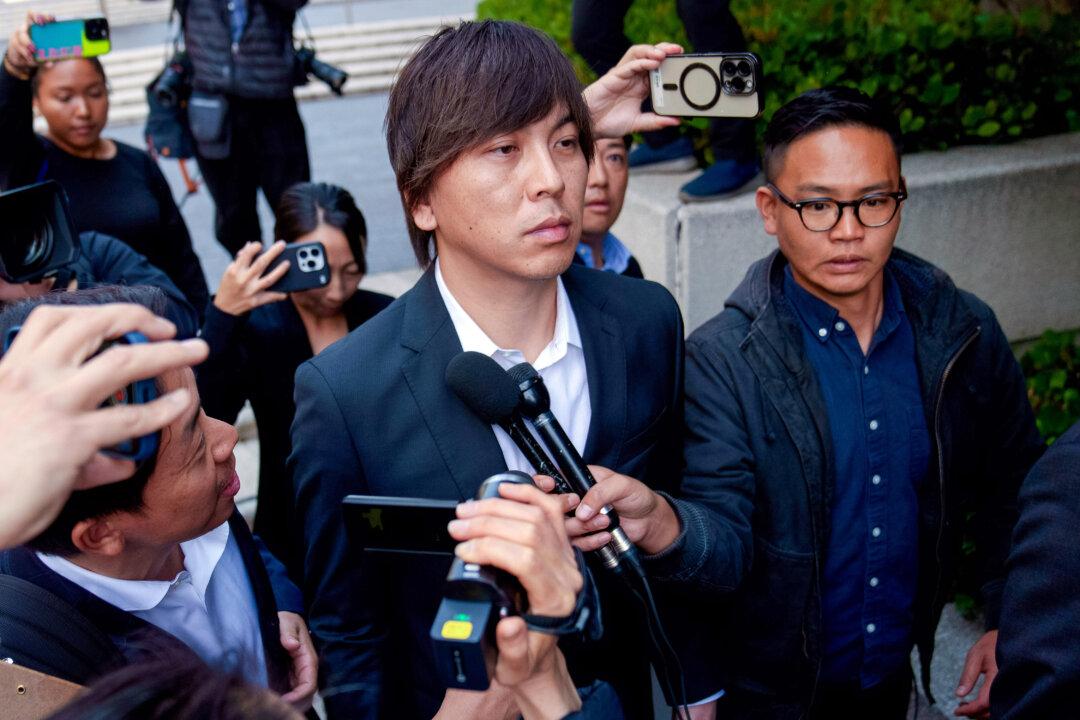SANTA ANA, Calif.—As an interpreter, Ippei Mizuhara was supposed to bridge the gap between baseball star Shohei Ohtani and his English-speaking teammates and fans as the duo traveled from Southern California to ballparks across the United States.
Instead, Mr. Mizuhara exploited the Japanese-English language barrier to isolate Mr. Ohtani and profit, in the truest sense, from his proximity to the two-way player ’s power. On Tuesday, the ex-interpreter pleaded guilty in federal court in Santa Ana, California, to bank and tax fraud for stealing nearly $17 million from the unsuspecting athlete’s Arizona bank account.





